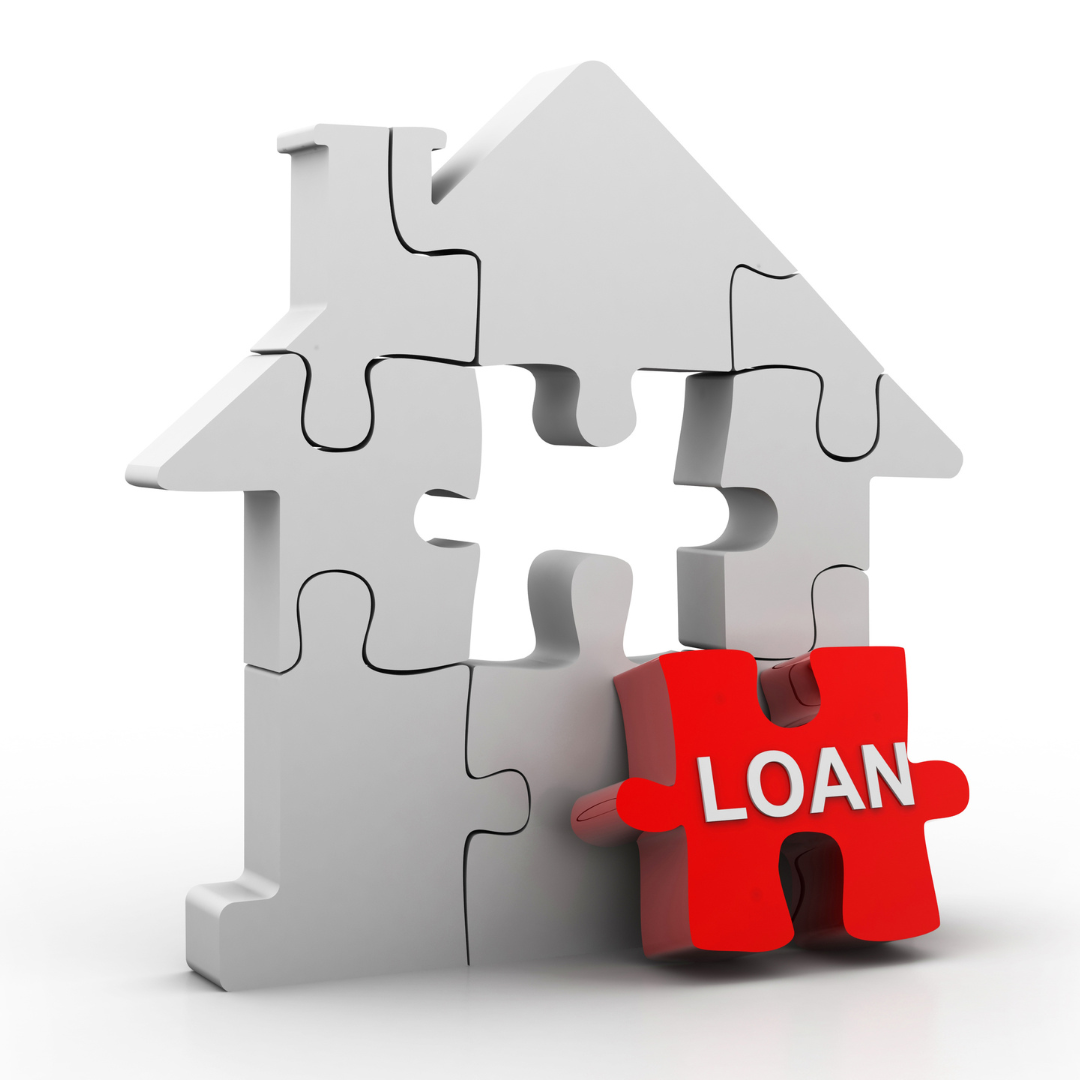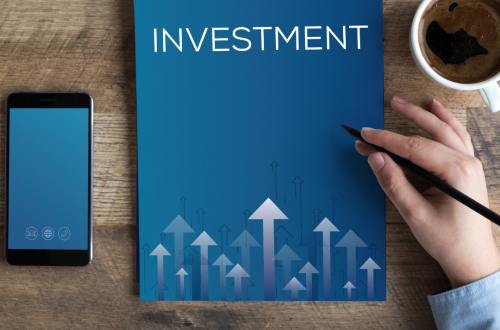A loan is a way to borrow money. In the case of a housing loan, this typically means borrowing money from a bank or mortgage company with the intention of buying a house, as opposed to using it for other purposes like consolidating debts or paying for college. Housing loans are one of the only types of loans that allow you to make monthly payments over an extended period of time – typically 30 years.
What Is A Housing Loan?
A housing loan is a type of loan that is specifically used to finance the purchase of a home. Housing loans are typically issued by banks or other financial institutions, and they can be either secured or unsecured.
Secured housing loans are those that are backed by collateral, such as a home equity line of credit or a mortgage. Unsecured housing loans do not require any collateral and are often called “personal loans.”
You can use these housing loans for building a custom home with builders available at https://waredesignbuild.com/custom-lake-home-builders-wisconsin/. They can also be used for the refinancing of an existing home. Housing loans typically have fixed interest rates and terms ranging from 5 to 30 years.
Pros And Cons Of A Housing Loan
There are both pros and cons to taking out a housing loan. On the plus side, a housing loan can help you to purchase a property that you may not be able to afford outright. It can also lead to lower interest rates and monthly payments than if you were to take out a traditional mortgage. Additionally, a housing loan can provide tax benefits.
On the downside, housing loans can be difficult to qualify for and may come with high interest rates. Additionally, if you default on your loan, you could lose your home. An alternative approach is to contemplate the sale of your existing property as a means to finance your new home purchase. Many real estate companies specialize in swift cash transactions for homes. A simple online search with the query “sell my house fast” can connect you with such firms. These companies can offer fair market prices for your property, allowing you to circumvent the risks tied to loans.
But with a little preparation, you could finance a home loan better. You could, for instance, use a loan-to-value calculator (like the one you can find at https://www.simonconn.com/loan-to-value-ltv-calculator/) to assess the risks involved, optimize borrowing costs, and make informed decisions. This can help you look at the whole exercise in a systematic manner, making your exercise a little simpler.
How To Qualify For A Home Loan
In order to qualify for a home loan, you will need to meet the lender’s credit and income requirements. You will also need to have a down payment saved up, as most lenders require that you put down at least 5% of the home’s purchase price in order to qualify for a loan.
What Are All The Costs Associated With Buying A House?
There are a lot of costs associated with buying a house. The most obvious cost is the purchase price of the home. But there are other costs that are often overlooked, such as:
- The down payment: This is the money you put towards the purchase of the house upfront. The typical down payment is 20% of the purchase price, but it can vary depending on the type of loan you get and your financial situation. That said, if you find yourself on a tight budget but still aspire to have a place you can call your own, consider making a wise choice by exploring mobile homes. You can find mobile homes for sale in Alberta, or in your desired location that can offer an affordable path to homeownership. One of the key advantages is the significantly lower down payment compared to traditional homes, making them more accessible for budget-conscious individuals. Furthermore, financing options, such as FHA loans, are often available for mobile homes, typically featuring lower interest rates.
- Closing costs: These are the fees associated with finalizing the purchase of a home. They can include things like appraisal fees, title insurance, and lender fees. Closing costs typically range from 2% to 5% of the purchase price.
- Moving costs: Don’t forget about the cost of actually moving into your new home! This can include hiring movers, renting a truck, or paying for storage.
- Homeowners insurance: Once you own a home, you’ll need to get homeowners insurance to protect your investment. The cost of this will vary based on factors like where you live and the value of your home.
- Property taxes: You’ll also be responsible for paying property taxes on your home each year. The amount you pay will depend on things like the value of your home and where it’s located.
- Utilities: Don’t forget that you’ll need to budget for things like electricity, gas, water, and trash.
What Is An Interest Rate?
An interest rate is the amount of money that a lender charges a borrower for the use of their money. The interest rate is usually expressed as a percentage of the loan amount and is typically paid over the life of the loan. The higher the interest rate, the more expensive the loan will be for the borrower.
There’s a lot to know about housing loans, and it can be tough to keep track of everything. But it’s important to be informed before you make any decisions about taking out a loan. We hope this article has given you a better understanding of the truths behind housing loans so that you can make the best decision for your situation.





